Finding Reciprocity - Braiding Sweetgrass Book Review
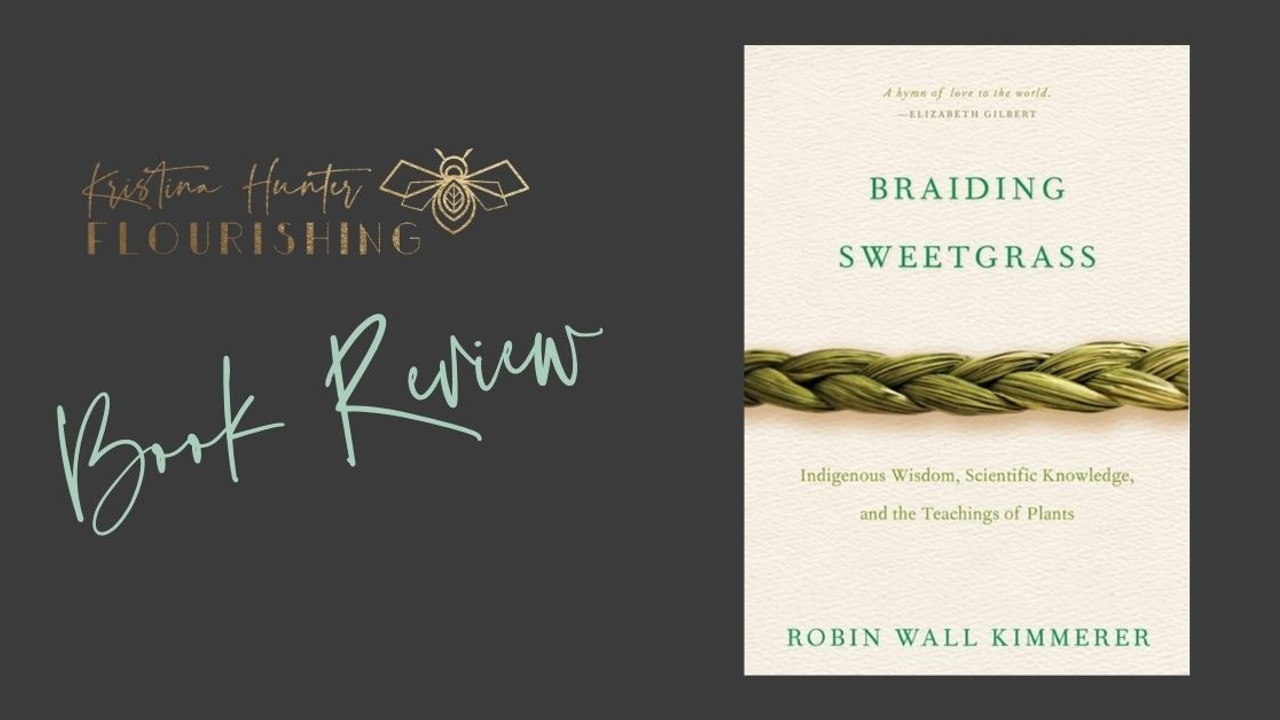
Braiding Sweetgrass is lyrical and full of fascinating botanical information. But most importantly, it calls us back to find reciprocity in our relationship with the earth.
Many people had recommended this book to me before I actually got around to it, but I am so glad that I did. It is a gorgeous account of the natural world and our place in it. It is in deep contrast with so many other environmental books that speak only of the grim and dire circumstances that we are in, which certainly we are, but it paints a picture of the natural relationship of reciprocity between humans and the natural world.
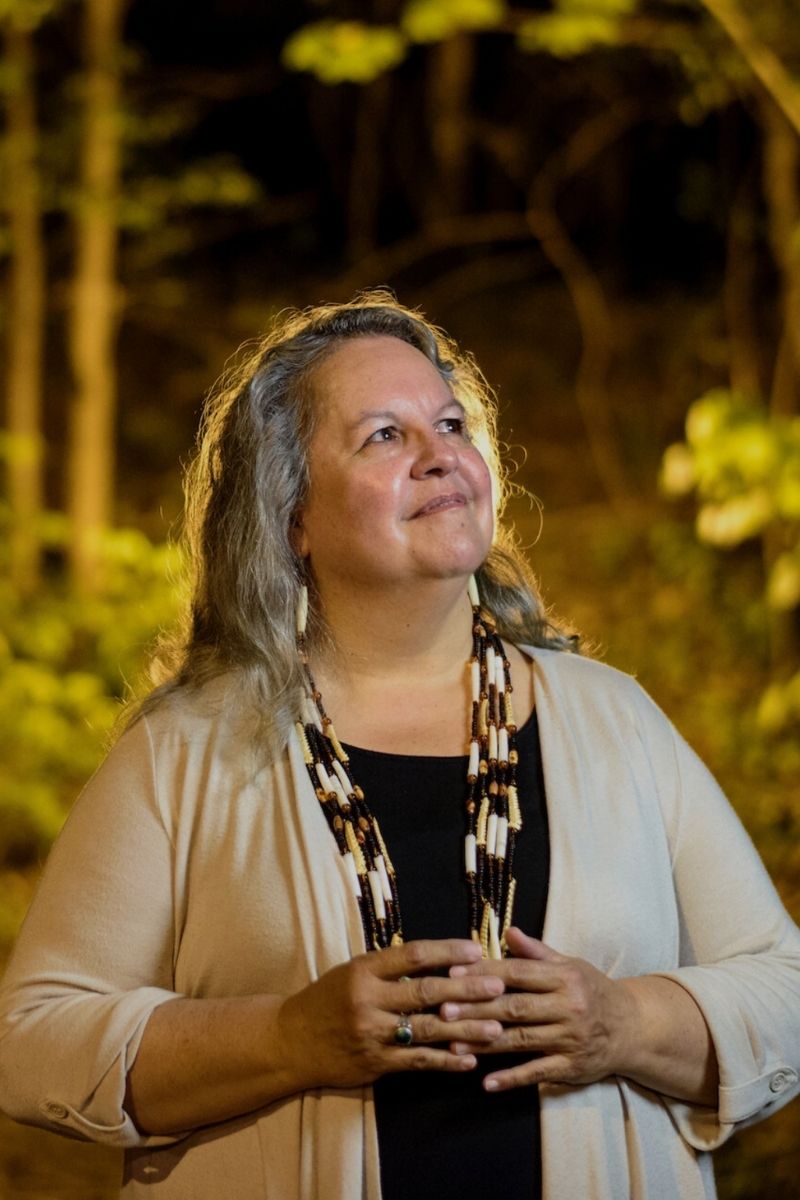
Robin Wall Kimmerer describes herself as "a mother, scientist, decorated professor, and enrolled member of the Citizen Potawatomi Nation." Her book, Braiding Sweetgrass: Indigenous Wisdom, Scientific Knowledge and the Teachings of Plants is time well spent.
This is no fast read, in fact, I highly recommend taking your sweet time with it. I began the read in July listening as I picked Saskatoon berries with my husband at the end of our vacation, and the opening of the book was just about as appropriate as it can get with Wall Kimmerer's rich descriptions of picking succulent tiny wild strawberries as a child.
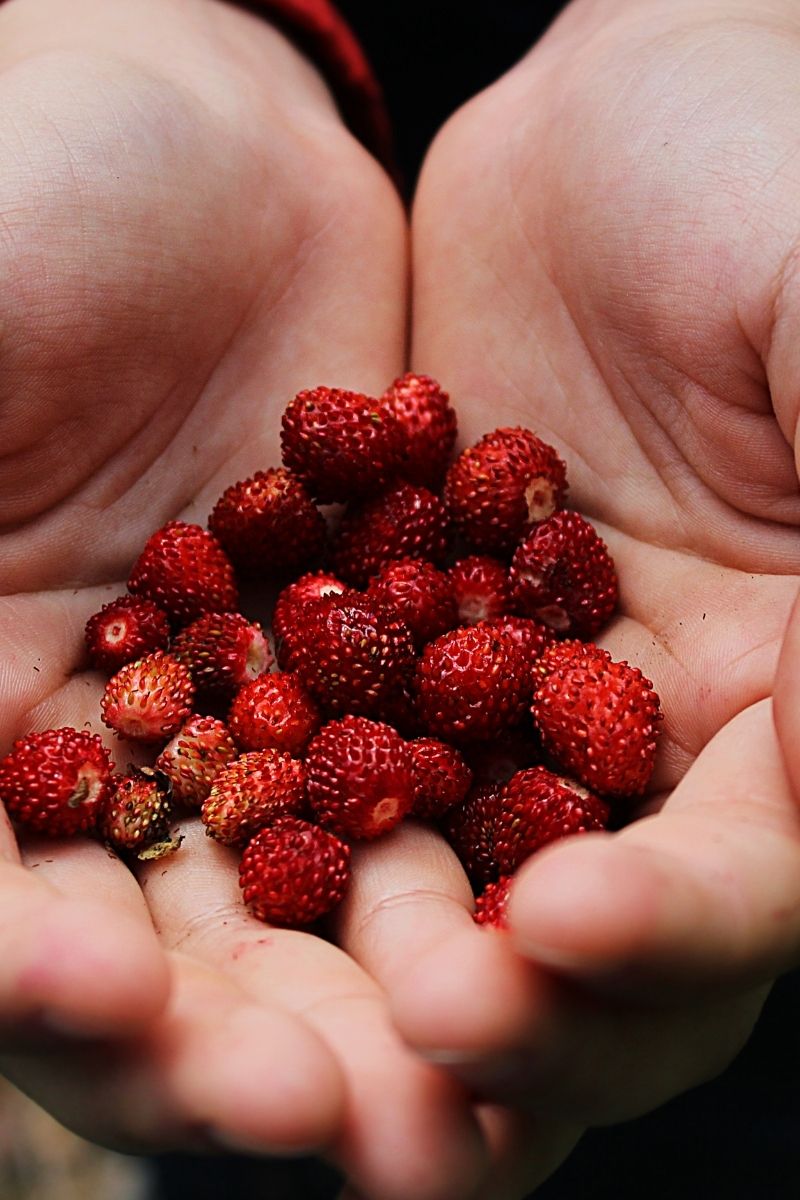
I think that my favourite chapter though was where she describes harvesting sap from the Maple trees on her property with her two young girls. Maybe because I have also tried this myself with our own maple trees, or because it is a northern activity, but I could smell the wood smoke, and feel the chill of the early spring.
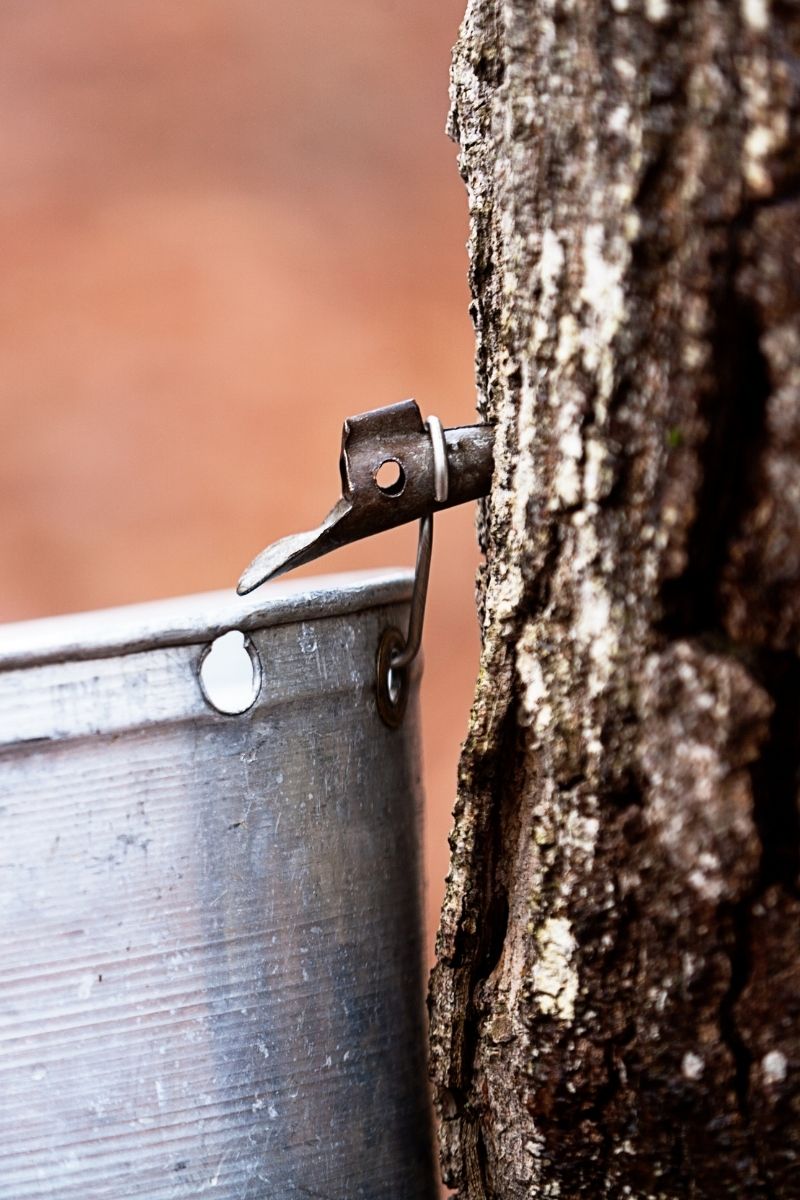
When she talks about her experiences as a professor of botany, where she struggled to have the Indigenous wisdom and her ancestral knowledge even acknowledges as worthy of providing a basis for scientific inquiry I felt the red in my cheeks flare up with her experiences. I think that so many women have had this lived experience of being discounted, and discredited by the establishment or largely white males in academia.
But she did manage to get many interesting studies approved, including one fascinating trial that found, quite contrary to conventional botanical and even agricultural wisdom, that sweetgrass grows better where it is picked! Wow, what an interesting finding, that truly was rooted in the Indigenous knowledge and runs counter to the scientific assumptions.
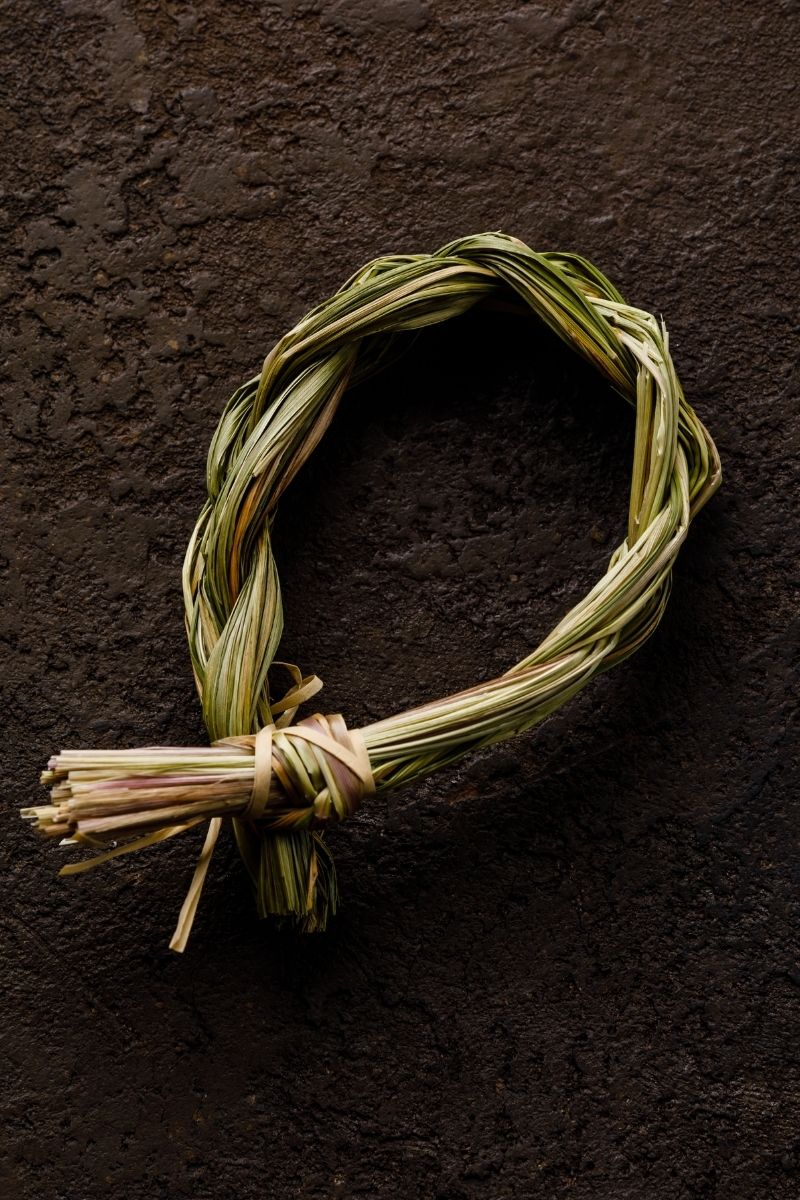
Moreover, it is yet another example in the book of RECIPROCITY between humans and the earth. That as we find ways to use the gifts of nature, we also must find ways to do so that give back to nature. That is the beauty of this book to me, it is slow and detailed and ever scientific, but it shifts our worldview little by little to see that there is a way for us to live in concert with the natural world. That is is not just trying to take less, do less, and be less bad, where human actions can benefit the earth and we can be in a reciprocal relationship with nature and life. This to me is a most hopeful perspective that I appreciate.
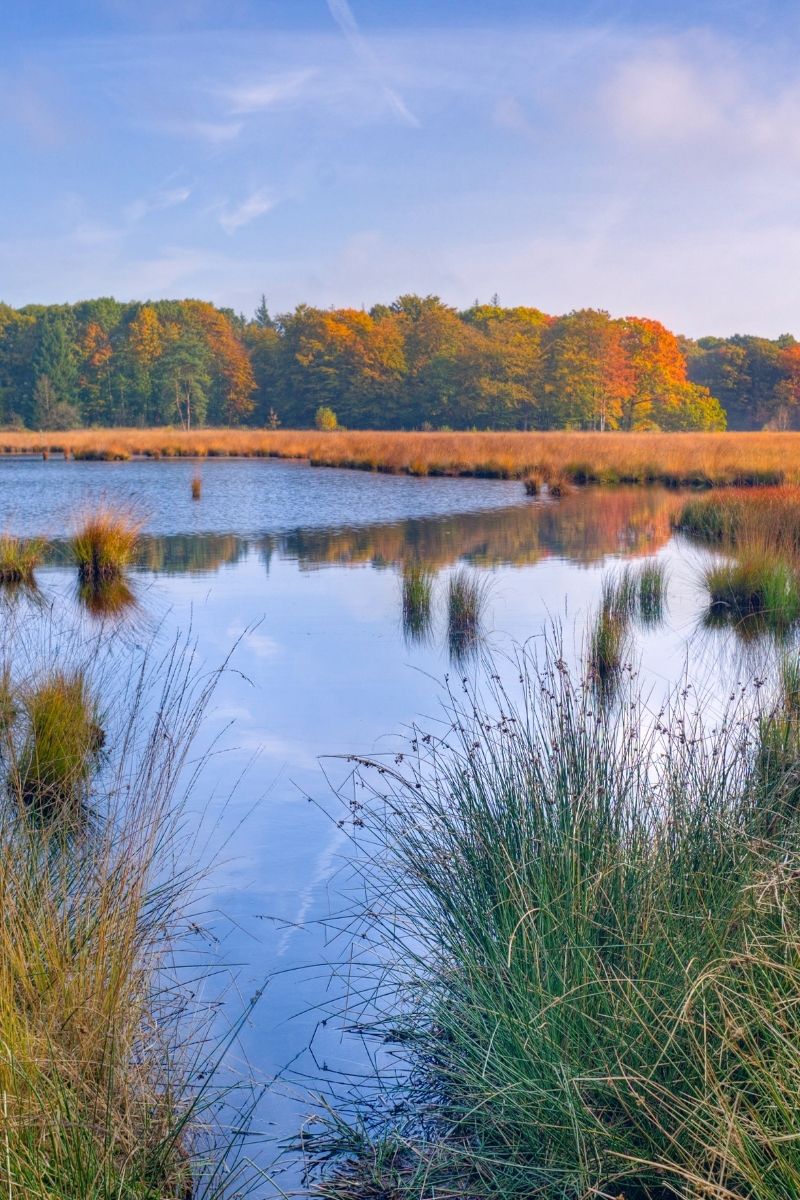
At one point Wall Kimmerer talks about taking university students out to the marsh on overnight trips out onto the land. Something that I too have done and has had profound effects on me and my students. She talks about taking the student to go "shopping" at the marsh for what they need. Finding materials to build a shelter, and bedding to stay warm, finding food including plants rich in protein and tools...all from the marsh.
As the book is written by a woman with a Ph.D. in botany, you certainly are learning details of plants, which are ever fascinating. The discussion of lichens - which are actually symbiotic relationships between two different species, one a fungi and one an algae. In this relationship, the fungi provides the physical structure for the lichen (such as Reindeer moss) and the algae held within the organism provides the sugars from photosynthesis.
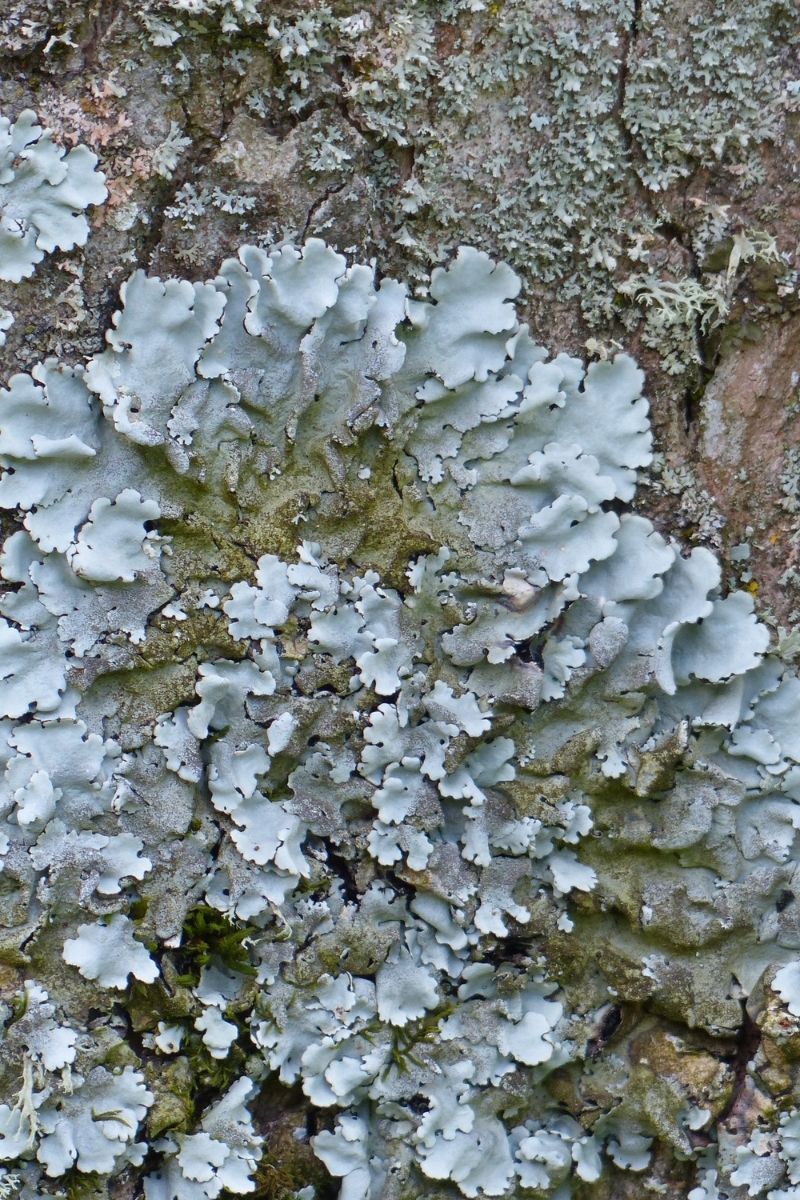
While each organism can live separately, they only come together in lab conditions when they are severely stressed, and then they associate. There are actually some 20,000 species of algae and fungi that can now only live in this symbiotic relationship. She describes it as "fungi who have discovered agriculture."
Throughout the book Wall Kimmerer's stories flow into one another like tributaries and little trickles of water forming a stream in the forest. And this is the same storytelling style that I have encountered by other beautiful Indigenous elders whom I have known. Their stories were of displacement, and living conditions, and shame and addiction and learning to tell speak their truths and reclaim their culture.
In Braiding Sweetgrass the stories flow from wild strawberries to residential schools, to talking to plants, and remembering stories of the Sky woman.
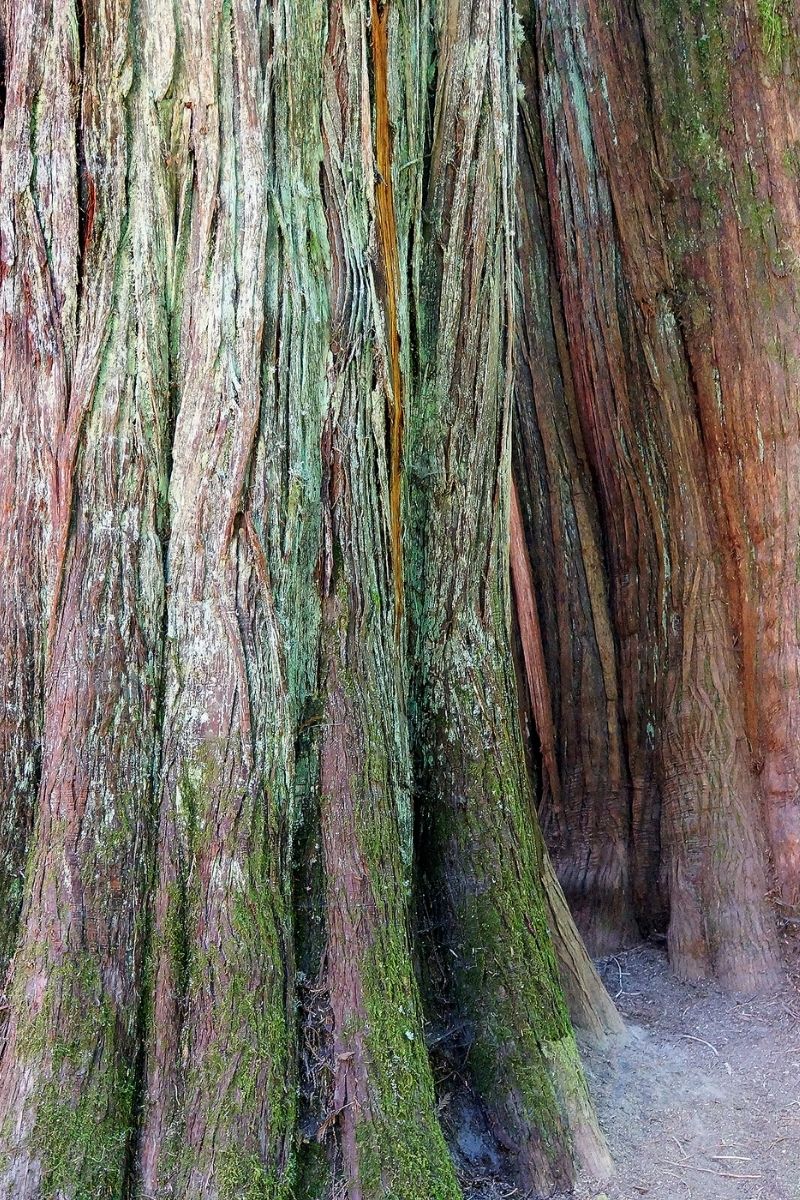
When she talks about the people who live among the old-growth cedars of the Pacific Northwest coast of North America, it is a rich existence of the abundance from this place where the temperate rainforest meets the ocean. where salmon help feed the forest and the people. Where the giant old cedars provide nearly every material need, from the cotton that new babies are born into to the final caskets at the end of life.
In this version of sustainability, there is nothing frugal or meager about this life, it is a wealthy form of existence in a landscape that can provide everything that people need. What a lesson this is for us today, as we may be challenged by current dialogues on cutting back, taking less in order to be more sustainable.
The book comes back, again and again, to provide us with an alternate worldview. One of the gift economy, rather than ownership, one of reciprocity between humans and the earth, and how to restore ourselves as we restore the land.
Thank you Robin Wall Kimmerer.
Stay connected with news and updates!
Join my mailing list to receive the latest news and updates. Your information will not be shared.

